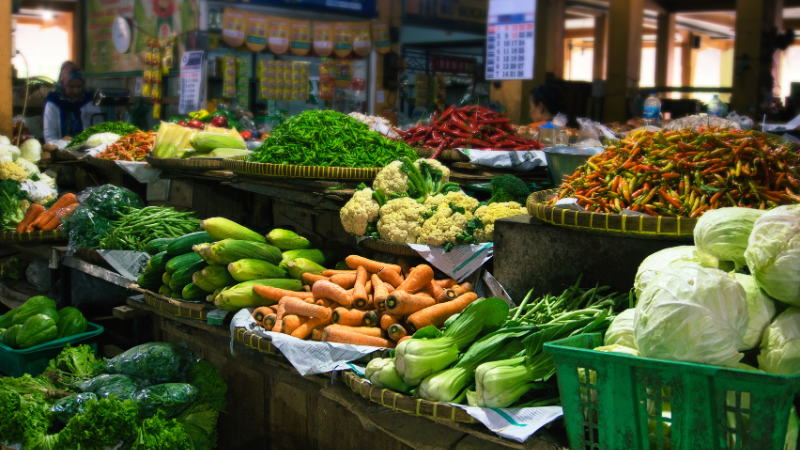Knowledge Management for Impact
From evidence to impact: knowledge that shapes food rights
Focus:We generate and share actionable knowledge to strengthen food systems and influence behavior and policy change.
Research to inform policy and practice:
A collaborative continuum: By actively involving policymakers and practitioners throughout research, knowledge co-production ensures findings address real-world problems.
Translating and communicating knowledge: Knowledge translation demands researchers convert findings into clear, tailored formats for specific audiences (e.g., policy briefs), while maintaining expert credibility.
Context and implementation are key: Integrating research with policy means building trust and capacity to navigate political realities and create resilient, evidence-informed decision


Documentation of lessons, best practices, and impact stories
Best practices guide future work: Documenting what worked preserves institutional knowledge, helping future projects replicate success and achieve better results more efficiently.
Lessons prevent repeating mistakes: Capturing project failures and challenges creates a knowledge base for risk mitigation, ensuring organizations avoid past pitfalls.
Impact stories humanize success: Sharing authentic, people-focused stories showcases tangible results and builds empathy, demonstrating an organization’s real-world difference.
Media engagement for awareness creation, building civic competence, public mobilization, and outreach.
Creating public awareness: Media campaigns inform citizens about critical issues, fostering a shared understanding of community-wide challenges and potential solutions for public well-being.
Building civic competence: Media provides platforms for informed discussion and action, empowering citizens with the knowledge and skills needed for effective, meaningful civic participation.
Mobilizing collective action: Media channels are vital for organizing and mobilizing communities, transforming public awareness into coordinated collective action and civic engagement for change.


Creation of depositories on food and nutrition information
Standardizing information: Creating depositories standardizes food and nutrition data, ensuring consistency and reliability for research, policy-making, and public health interventions.
Promoting data access: Repositories provide open access to vital information, empowering policymakers, researchers, and citizens with the knowledge needed for informed decisions and healthier choices.
Supporting informed decisions: By consolidating nutritional information, depositories enable evidence-based policymaking, guiding efforts to improve public health and food security more effectively.
Planning for the African food policy research and resource center
Evidence-based policy: The center will provide robust research to inform food policy and practice, guiding African governments toward sustainable, data-driven decisions.
African-led solutions: By conducting context-specific research, the center will foster African-led innovations and institutional capacity to address the continent’s unique food system challenges.
Fostering collaboration: The center will act as a hub for stakeholders, promoting dialogue and shared expertise to build consensus and partnerships for effective policy implementation.

Knowledge That Drives Change
By transforming data and experience into action, FRA creates a stronger foundation for sustainable, inclusive, and equitable food systems.
